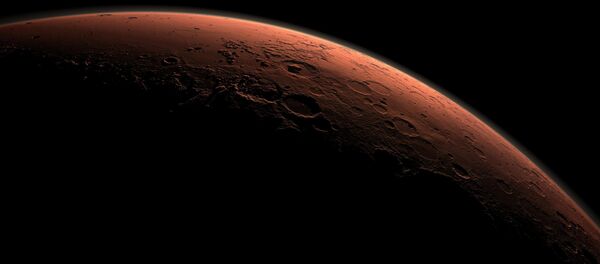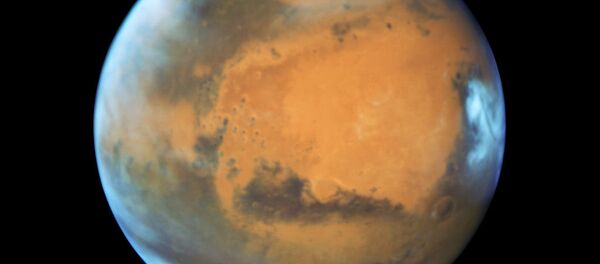Current space transportation technology allows sending to space fewer than a dozen people at a time. This limitation greatly increases the cost of a potential Mars mission, diminishing prospects to colonize the Red Planet in the near future.
The journey to Mars, lasting some six to nine months, is also hard on the human body, both mentally and physically.
"We're not going to colonize Mars, or really settle it, sending four or six or eight people at a time every two years; we're going to have to send larger numbers," John Bradford, president and chief operating officer of SpaceWorks Enterprises, said during a 2016 NASA Innovative Advanced Concepts (NIAC) symposium in Raleigh, North Carolina.
To make the settlement of the Red Planet humanly feasible, SpaceWorks intends to place colonists in "hypothermic stasis," a state that could decrease the metabolic rates up to 70 percent.
"That reduces the need for consumables in both nutrition and hydration, [and] oxygen demand," Bradford said, adding that it "translates to mass, and mass is a critical item trying to support these Mars missions."
“If we can cut out the transit phases, we think they'll be much happier when they get to Mars, [and] much more productive."
To discover a way to get an astronaut’s body to sleep for months at a time, research teams are, through NASA Innovative Advanced Concepts funding, applying therapeutic hypothermia, a targeted temperature-management technique common in modern medicine.
In the process of therapeutic hypothermia, body temperature is decreased to 32-34 degrees Celsius with the use of inert gas pumped into the body through the nose, or with sedative medication.
The technique, proven workable for short periods, is untested for the much longer periods astronauts must lie inert during a journey of half a year or more.
A successful technique would allow the construction of SpaceWorks’s "Mars Transfer Habitat," three habitat modules combined into one structure, which could carry 48 sleeping colonists and a few awake caretakers.
"It's all manageable," Bradford said. "We think this is a very promising approach."







